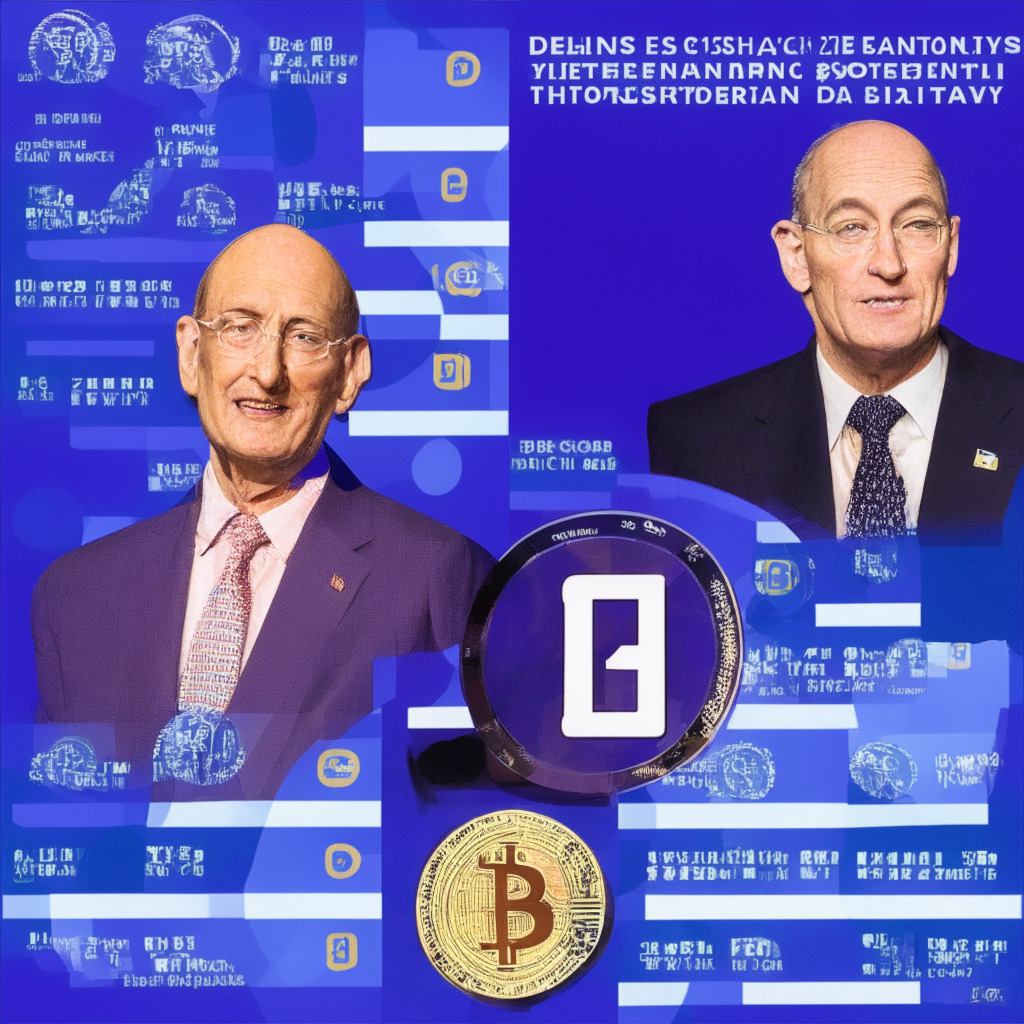The U.S. House of Representatives is considering the introduction of a Central Bank Digital Currency (CBDC), amidst contrasting views. Democrat Rep. Stephen Lynch calls for a pilot project for a digital dollar, stressing it is “absolutely critical” for the U.S. to show leadership in digital currency development. However, concerns remain regarding transaction management, tracking, and potential regulatory limitation issues.
Search Results for: Stephen Lynch
Crypto Tax Regulations: Legitimizing the Industry vs Hindering Growth and Privacy
US Congressmen Brad Sherman and Stephen Lynch urge for crypto tax regulations, highlighting tax evasion concerns in the industry. Regulations could legitimize crypto and encourage adoption, but critics argue it may hinder growth and limit decentralization benefits.
Urgent Need for Crypto Regulations: Debating the Pros, Cons, and Conflicts
A Congressional hearing discussed the Digital Asset Market Structure Discussion Draft, aiming to establish a regulatory framework for digital assets. The industry seeks regulatory clarity amid concerns that insufficient action could have “devastating consequences” for the U.S.’s global digital economy competitiveness.
Crypto Wash Trading Regulations: Balancing Tax Evasion Prevention and Innovation
Democrats push for tighter regulations on cryptocurrency wash trading to address tax evasion, as the IRS doesn’t currently treat cryptocurrencies as securities. Regulators aim to balance fostering innovation while protecting investors and the broader financial system from fraudulent activities.
Crypto Tax Compliance Pressure and North Korea’s Alleged Laundering: A Troubling Connection
The crypto industry faces increasing pressure for tax compliance as US Congress members urge Treasury and IRS to implement regulations. Meanwhile, funds from the $35 million Atomic Wallet hack are traced to Sinbad.io, allegedly involved in laundering over $100 million in cryptoassets.
Bipartisan Efforts to Regulate Stablecoins: Finding Common Ground in Crypto Legislation
Two distinct stablecoin bills from US House Financial Services Committee reflect differing perspectives among Democrats and Republicans. Despite differences, lawmakers aim to reach a bipartisan agreement for effective regulation of the burgeoning stablecoin market while protecting consumers and investors.
Stablecoin Regulation Debate: US Lawmakers’ Divide and the Future of Digital Dollar
The US House Financial Services Committee’s digital assets panel debated on stablecoin regulations, highlighting divides between Republican and Democratic ideas. Both parties do align in addressing risks to consumers and maintaining the US dollar’s role in global commerce. Lawmakers are paying heightened attention to stablecoin regulations and wider crypto topics, marking progress in US oversight of the industry.
US
A joint hearing on digital asset regulation between the House Financial Services Committee and Agriculture Committee revealed conflicts between lawmakers on handling cryptocurrencies. Witnesses advocated for legal amendments addressing blockchain technology, while some lawmakers deemed existing regulations sufficient. The stalemate complicates predicting major legislative changes or digital asset firms enjoying freedom from regulation.
Crypto Regulatory Gaps: Security vs Commodity Debate, Impact on Innovation, and Future Regulation
A joint hearing on Capitol Hill highlighted the persistent issue of classifying tokens as securities or commodities in the crypto industry. Lawmakers disagreed on the need for new regulations, while some emphasized focusing on the intermediaries facilitating these tokens, rather than their classification. Ensuring effective collaboration between lawmakers and regulators is essential for the future of the industry.
Urgent Joint House Meeting on Crypto Regulations: Debating the Need for New Legislation
A joint meeting between two US House of Representatives committees discussed cryptocurrency regulations, with some members pushing for new legislation while others expressed skepticism. The ongoing debate highlights the complexity of developing a clear and effective regulatory framework as digital assets become more integrated in financial sectors.









